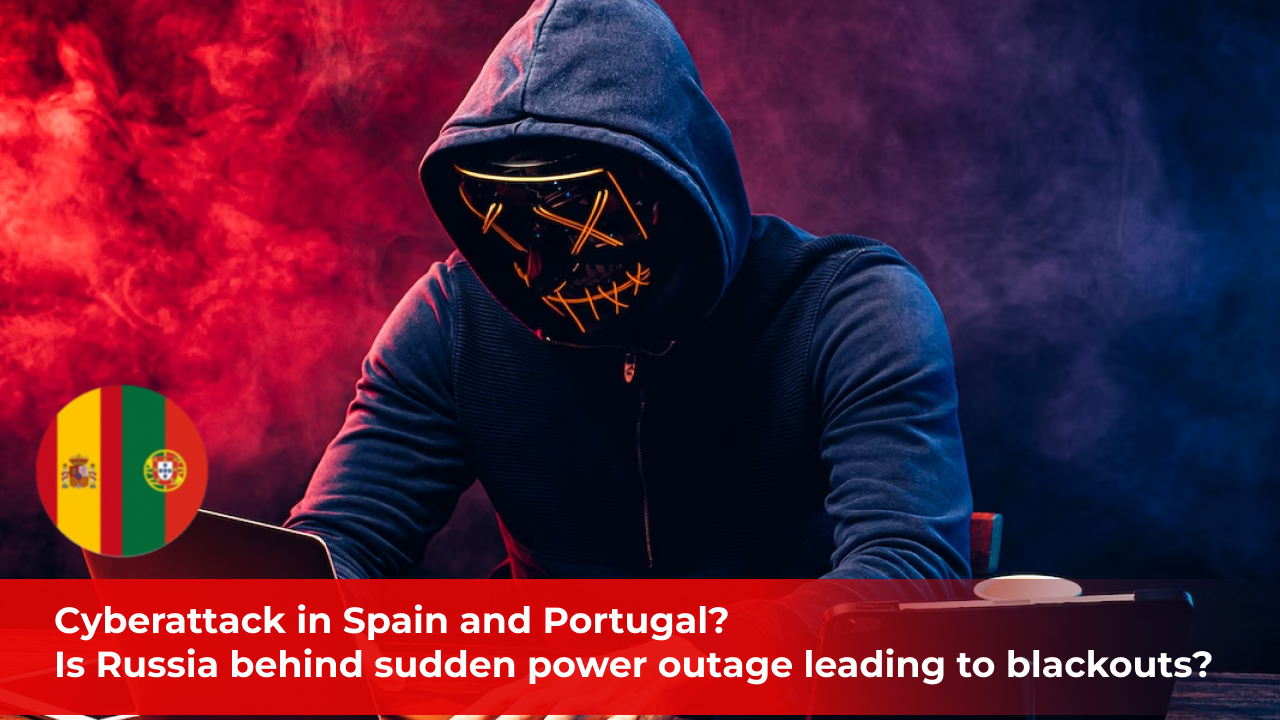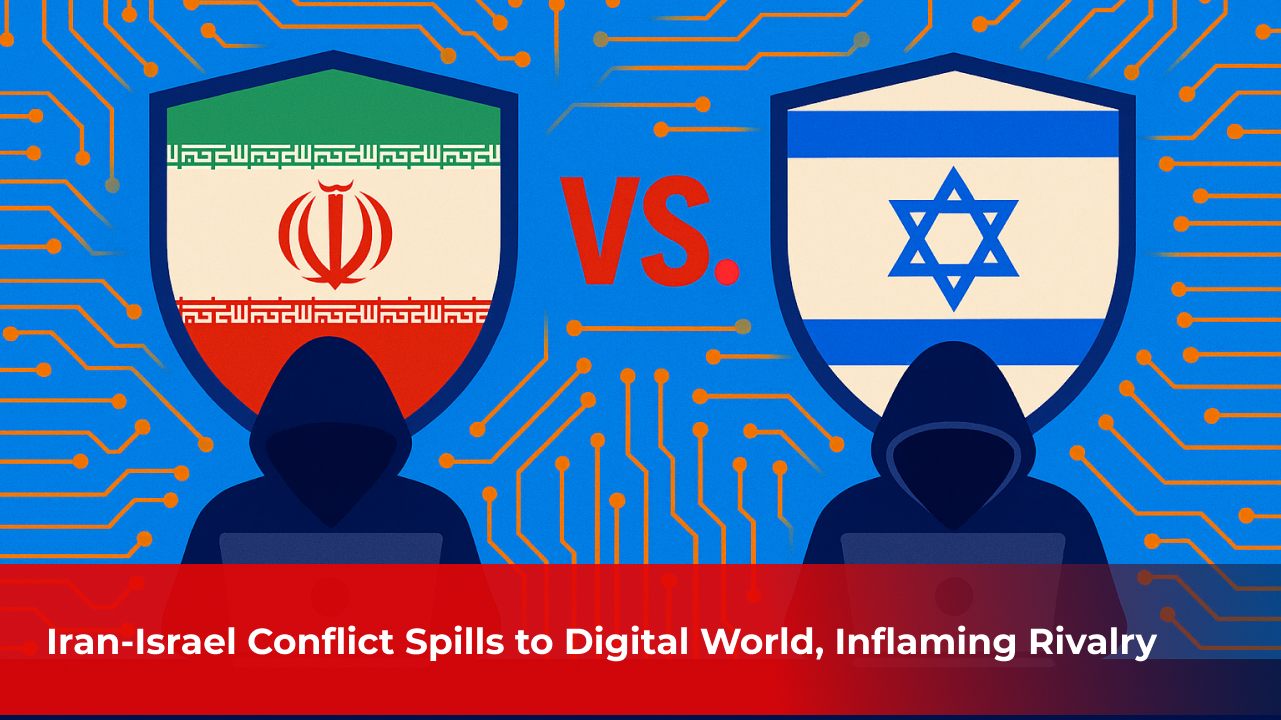In the last month, an unprecedented event occurred in most of Spain, Portugal, and southern France. The whole region faced a power outage that led the towns, cities, and states into darkness and caused many disruptions in travel, transit operations, etc., and chaos among the people. What and why happened? Is it a cyberattack? Who is behind this power outage? There are many questions people ask the government and electricity operators.
Sanchez said that the country had lost 15GW of electricity generation in five seconds, equivalent to 60% of national demand. He also added that technicians were trying to figure out why the sudden drop occurred.

Spain's Electric Network, Red Eléctrica de España (REE) officials, and Redes Energéticas Nacionais (REN) also commented on this power outage, an extreme oscillations has been seen in the electric network that led the energy system to disconnect from European System and gradually call the collapse of electric network resulting a huge blackout. The report says the outage began mid-afternoon, at 11:33 a.m. Western European Summer Time. However, the recovery was carried out gradually. Endesa and Iberdrola are both working with REE to establish protocols.
Sara Aagesen said at a news conference that, "We are collecting thousands of data points from the energy system to shed light on what happened." She added, "We don't know the cause, which is why the investigation is essential." The initial causes behind it were assumed to be a natural but rare atmospheric phenomenon, but later, it was misattributed. The managing director of a software provider to Energy utilities, at Neara, Taco Engelaar, said, "Due to the variation of the temperature, the parameters of the conductor change slightly, Vibration causes the conductor's amplitude – its ability to transport electrons – to reduce significantly, meaning supply cannot be linked to demand properly."
An act of Cyber Sabotage?
The top criminal court of Spain announced that it was investigating the possibility of an "act of cyber sabotage against critical Spanish infrastructure," for instance. After the power came back online, European Council President Antonio Costa noted on social media regarding the matter of power outages that, so far, there were no indications of a cyberattack.
In Jan, the World Economic Forum's Global Cybersecurity Outlook 2025 mentioned that "modern technology relies heavily on substantial energy consumption, rendering power grids highly attractive targets for cybercriminals." It also reports that the global transition to renewable energy systems is vulnerable and creates new vulnerabilities, which is also concerning for the world, as per the national authorities worldwide.
The Federal Bureau of Investigation also wanted the world through its one of a report in 2024, pointing the increase in cyberattacks on utility systems, they said, "implementation of renewable energy and incentives for development of clean energy have created new targets and opportunities for cyber threat actors to disrupt and exploit for their own gain."
Is Russia the culprit?
A similar incident happened back in 2015, in Ukraine, where the power grid suffered an attack and over 230,000 citizens faced a power outage. SOFREP reported that, after a year, more similar outages were seen in Kyiv, which used Industroyer Malware. However, there is no evidence that concludes any russian involvement behind these power outages. Still, the severity and abruptness have created worries about how sensitive infrastructure is to digital or cyberattacks. It could have been foul play, Joao Conceicao, a board member of Portuguese grid operator REN, told, "There could be a thousand and one causes, it's premature to assess the cause."
Cybersecurity at the System's foundation
This power outage is an early call to the world about how weak or defenseless our utility systems are against cyberattacks, and we need a new energy infrastructure. As per the the Global Cybersecurity Outlook 2025, "It is essential that these emerging energy systems are designed with security as a foundational priority," it also adds up that, "Otherwise, in the effort to address an existential crisis with urgency, there is a risk of introducing vulnerabilities that could undermine the reliability of this new energy infrastructure, with far-reaching consequences for the economy and society."
The role of Renewable Energy
According to energy thinktank Ember, "About 43% of Spain's energy comes from wind and solar power, with nuclear accounting for a further 20% and fossil fuels 23%." Spain is becoming a world leader in renewable power generation. Since it has abundant sun and wind power, it has already switched and is getting nearly half of the country's electricity from renewable sources. There are some reports that say by the end of 2030, the country's electric consumption will be fulfilled with a proportion of over 75%, which further helps Spain to remove its dependence on energy imports. Every national grid worldwide must upgrade its distribution systems to connect and balance scattered renewable generation, which could be a bit challenging in itself.



